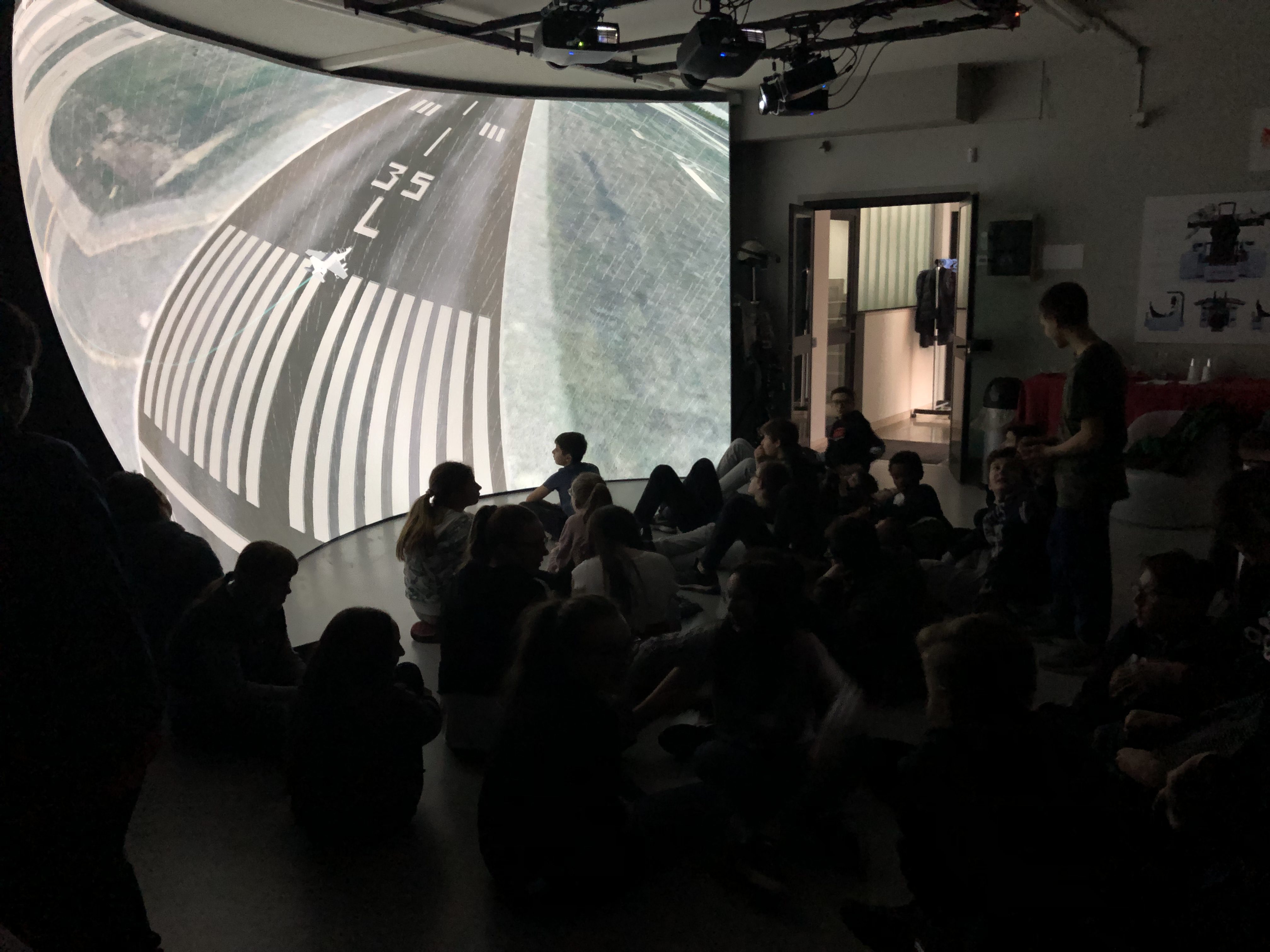Engaging the next generation in the technologies of the future
Our Italian team organised an introduction to VR & Simulation for a private school in Saronno, the Collegio Arcivescovile "Castelli" on March 7 and April 4, 2019. These events were the perfect opportunity for the next generation to experience a fully immersive VR solution.
Now that digital literacy is an important feature of the school curriculum, it was a great pleasure for Antycip to help by introducing VR to a younger audience, so that they could appreciate the creative, analytical and communication benefits of VR, first hand.
During these open days at The Lab, Antycip’s Italian Demo Centre, 35 school children and their teachers were given their first experience of a VR Simulator using a broad range of VR applications enabled in Steam and a HTC Vive headset.
Riccardo Rovelli, Regional Manager at Antycip, emphasises the importance of engaging the next generation in this new technologies: "it is the opportunity for young children to gain a competitive advantage and become VR leaders of the future".
These events were the perfect opportunity for the next generation to experience a fully immersive VR solution.
Now that digital literacy is an important feature of the school curriculum, it was a great pleasure for Antycip to help by introducing VR to a younger audience, so that they could appreciate the creative, analytical and communication benefits of VR, first hand.
During these open days at The Lab, Antycip’s Italian Demo Centre, 35 school children and their teachers were given their first experience of a VR Simulator using a broad range of VR applications enabled in Steam and a HTC Vive headset.
Riccardo Rovelli, Regional Manager at Antycip, emphasises the importance of engaging the next generation in this new technologies: "it is the opportunity for young children to gain a competitive advantage and become VR leaders of the future".
 The applications for those VR and simulation technologies are broad, ranging from education, research, automotive, and construction, to the defence sector, making it a rapidly growing market with multiple opportunities.
The VR education sector on its own, according to the latest market research report released by Technavio, is expected to accelerate at a CAGR of more than 59% between 2019 to 2022.
Many universities have a virtual reality lab, department or research group. These take the form of semi-immersive displays or even a fully immersive VR CAVE which have broad uses, that includes teaching, learning and research.
Virtual reality in education is used as a tool to explore a particular subject, be it for architecture, history, biology, medicine etc or as a subject in itself.
Virtual reality can be used by different fields of study within the same university. An example of this configuration is the University of Lille with its new VR Cave.
The University is using the fully-immersive display in a wide array of sectors such as architecture, history, construction, design, automotive, aeronautics and energy.
Watch the full video of TORE VR CAVE for Lille University here to find out more.
The applications for those VR and simulation technologies are broad, ranging from education, research, automotive, and construction, to the defence sector, making it a rapidly growing market with multiple opportunities.
The VR education sector on its own, according to the latest market research report released by Technavio, is expected to accelerate at a CAGR of more than 59% between 2019 to 2022.
Many universities have a virtual reality lab, department or research group. These take the form of semi-immersive displays or even a fully immersive VR CAVE which have broad uses, that includes teaching, learning and research.
Virtual reality in education is used as a tool to explore a particular subject, be it for architecture, history, biology, medicine etc or as a subject in itself.
Virtual reality can be used by different fields of study within the same university. An example of this configuration is the University of Lille with its new VR Cave.
The University is using the fully-immersive display in a wide array of sectors such as architecture, history, construction, design, automotive, aeronautics and energy.
Watch the full video of TORE VR CAVE for Lille University here to find out more.



















